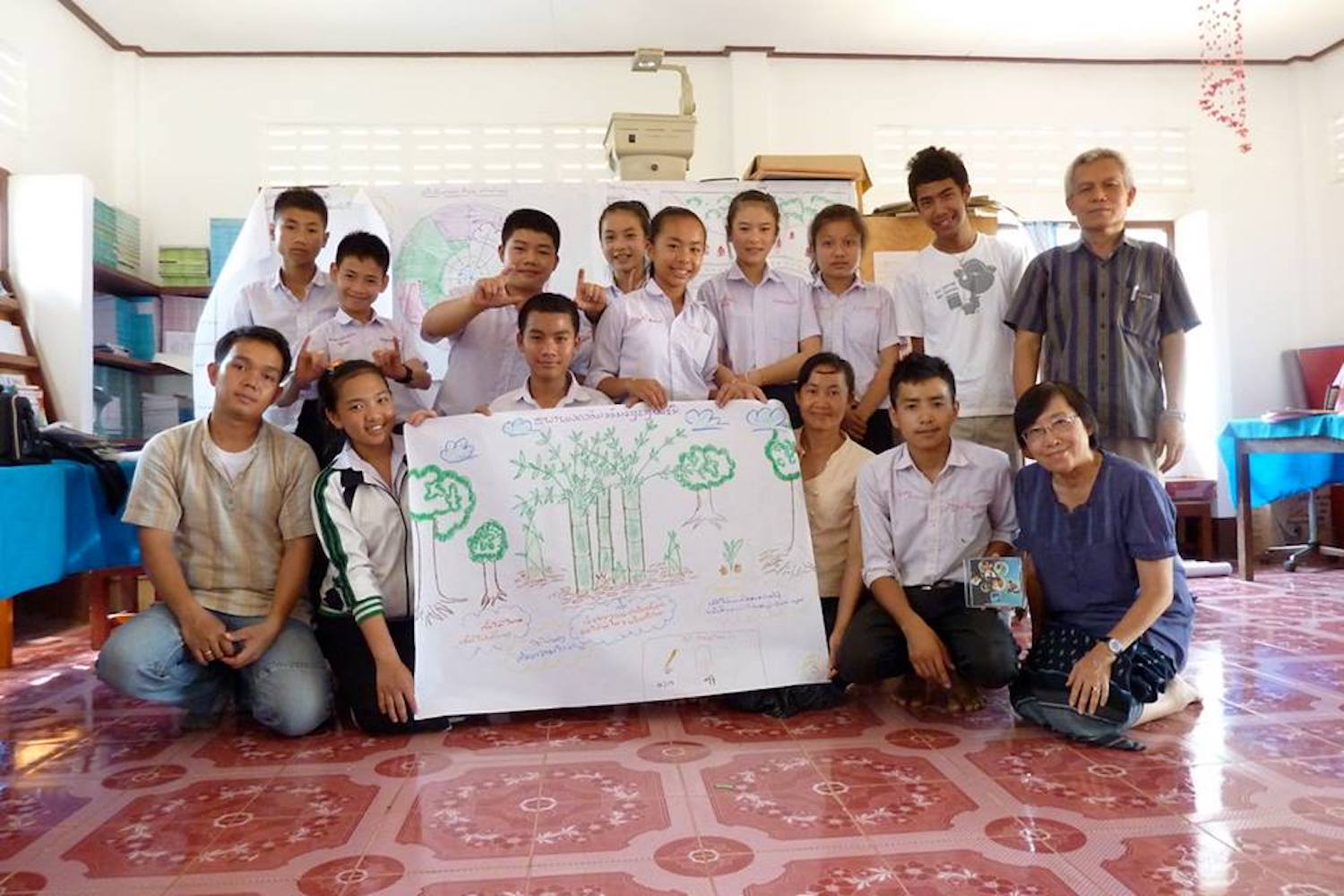The Lao government’s continued silence and obfuscation of the facts around Sombath’s enforced disappearance have subjected his family to six years of fear and uncertainty over his fate and whereabouts, which remain unknown to this day.
European development partners have committed approximately USD 550 million in support of the implementation of the Government’s 8th NSEDP (2016-2020). This represents over 30 percent of all the ODA received by the Lao Government to date. Nearly all of the European ODA is provided in grants.
…it would appear that the ODA support given by the EU and other donors continues and that formally there have not been moves to suspend or change the flow of ODA in spite of human rights abuses by the Lao PDR.
…as a member of the multi-lateral institutions, including The European Union, that are donors to Laos, The United Kingdom should actively engage in, and if necessary initiate, discussions to suspend the flow of ODA to the Lao PDR.
Excerpts from letter to the Rt. Hon. Mark Field, Member of UK Parliament, from Andy Rutherford, member of International Organising Committee, Asia Europe People’s Forum


 The second issue is the situation of civil society, again which I take as illustrative. In general, the government assumes that civil society is an extension of itself. In other words, it is there to implement its own policies. It is not there to provide any independent analysis. It is not there to stimulate reflection, discussion, consultation, participation.
The second issue is the situation of civil society, again which I take as illustrative. In general, the government assumes that civil society is an extension of itself. In other words, it is there to implement its own policies. It is not there to provide any independent analysis. It is not there to stimulate reflection, discussion, consultation, participation.


 [The UN Human Rights Committee] …regrets the paucity of relevant information provided by the State party regarding the measures taken, and the progress achieved, in investigating the enforced disappearance of civil society leader Sombath Somphone…
[The UN Human Rights Committee] …regrets the paucity of relevant information provided by the State party regarding the measures taken, and the progress achieved, in investigating the enforced disappearance of civil society leader Sombath Somphone…








